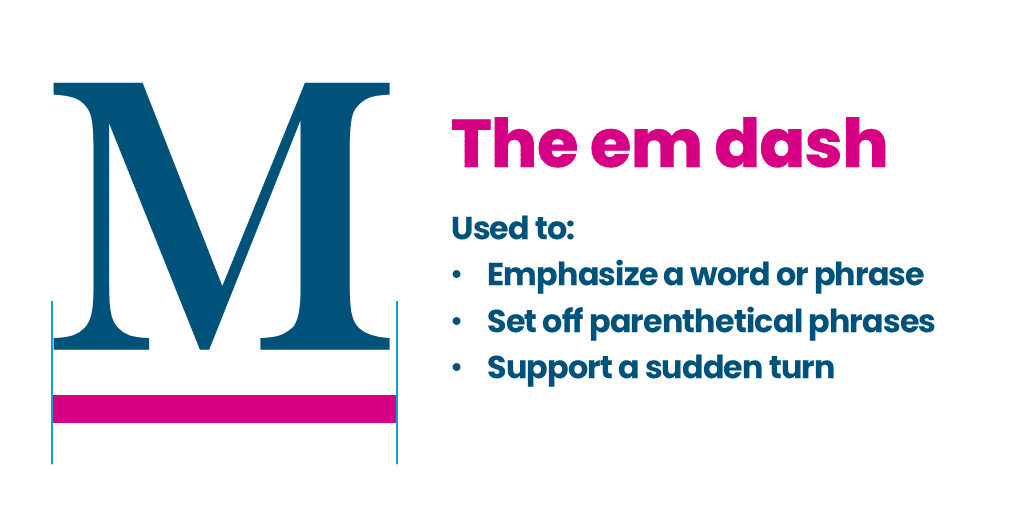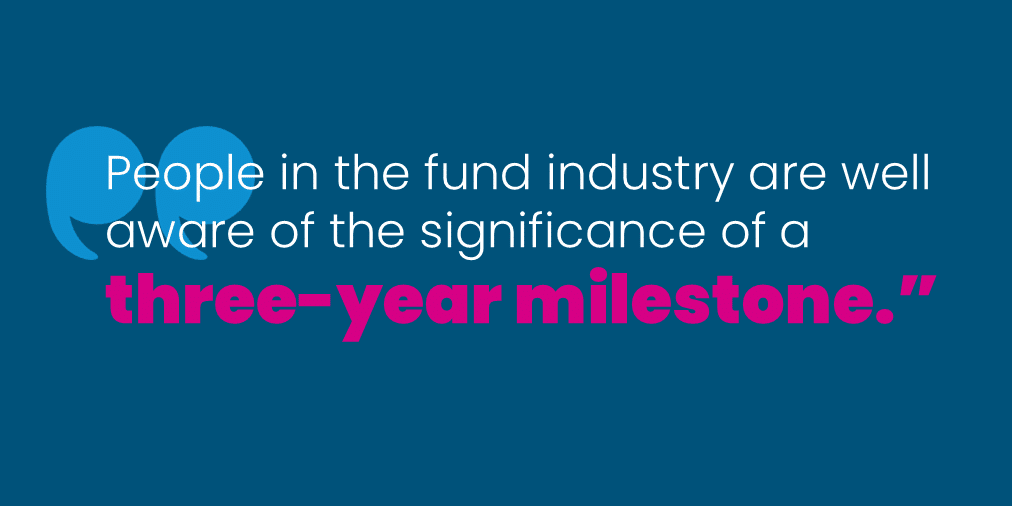Content Services:
Your story, expertly told.
Content is often at the crux of media outreach and marketing campaigns.
We help clients evaluate their content—what exists today and what do we need to create? We look at our clients’ peers and the industry to identify timely, relevant topics that prospective customers, the media and the industry care about. We draft and edit content of all kinds—and help make the process go smoothly.

Because we work exclusively in the investment field, we are attuned to the topics and ideas that are driving the important conversations in your market. Most of us come from the industry itself so we can work efficiently and at the most senior levels of your organization to turn insights into a pipeline of content that gets noticed and shared by your clients & prospects and published by important media in your space.
Your frequently asked questions, answered.
What does FurtherFaster mean for Content Services?
How do you help with presentation decks?
How does the message triangle relate to content?
Content and Authority Marketing.
We develop compelling content that articulates our clients’ unique perspectives and expertise to leverage in multiple ways:
Earned Media
Articles, editorial submissions, expert interviews and commentary
Owned Media
Website content, blog posts, whitepapers, marketing materials, client or shareholder communications
Paid Media
Sponsored content, advertising campaign content, enewsletters, whitepaper promotions
We research awards and speaking engagement opportunities for clients to expand their firm and/or leadership authority, increase visibility and make an impact to reach target audiences. We then make recommendations on how to engage, participate and leverage these opportunities in support of business goals. We can also assist with writing the submissions and compiling supporting information (leadership bios, press releases, firm stats, case studies, websites and more).
In addition, we regularly help clients prepare award nominations and prepare for speaking engagements, from webinars to conferences and more.

Marketing Communications Support.
Our content work is broad. We serve as an extension of our clients’ marketing team on strategic brand development initiatives and paid advertising campaigns. We generate awareness by developing or refreshing a wide range of materials, including:
- Presentations & webinars
- Video scripts
- Fact sheets & brochures
- Advertisements
Content Services FurtherFaster Proofpoints.
Background
Among the leading national wealth management firms, our client sought to provide its affiliated financial advisors with content to help them deepen relationships with business owners—providing them with greater value while growing the firm’s high-net-worth client base.
Scope of work
We planned, researched, interviewed subject-matter experts, drafted, edited and designed a white paper centered on how financial advisors can help business owners connect their business decisions and their overall financial plans.
Outcome
The paper gave voice to financial advisor representatives from around the country, demonstrating to business-owner clients—without becoming salesy—how deeper conversations with advisors can help them add business value throughout the life cycle of a business.
Background
Our client, an independent valuation provider lacking the cross-selling benefits of large M&A advisors and Big Four accountancies, needed creative ways to get in front of decision makers at public and private companies and financial sponsors.
Scope of work
We provided financial journalists with a regular cadence of independent expert content—both to grow their own technical understanding of issues and as a source of submitted content. Topics included goodwill impairment, valuing intangible assets and portfolio-wide valuation of illiquid debt and equity securities.
Outcome
In addition to boosting visibility through the media, our content work raised engagement with existing clients and prospects. One proof point of our ability to get into the weeds on complex topics: our client used, verbatim, significant portions of an article we wrote in a comment letter to the Financial Accounting Standards Board.
Background
This firm’s community-bank origins prevented prospective clients and financial advisors from recognizing the breadth and sophistication of its wealth-management offerings.
Scope of work
We crafted messaging to emphasize benefits of the firm’s unique family ownership and integrated business model. We crafted content to raise visibility of the firm’s practice leaders regionally and in financial-advisor trade publications. We helped streamline content production and bring greater consistency to investment commentary and other client-facing updates.
Outcome
Our client came to be ranked among the top investment firms in its state, alongside nationally known brands. Content from the firm’s experts has appeared in MarketWatch, Kiplinger, Advisor Perspectives and many more publications, both trade and local.
Read our latest insights on Content Services.
We stand with the em dash
Used by Buffett, Marks, Zweig, Benz and others, the dash doesn’t deserve to be cancelled over a silly misunderstanding.
A little inspiration for writing about investor tax topics
Don’t let uncertainty keep you from communicating. Preview changes in something you write ahead—and then be quick to comment when more is known.
How to leverage the news value of fund milestones
Some anniversaries and AUM hurdles are good news for fund company, advisors and investors alike.


